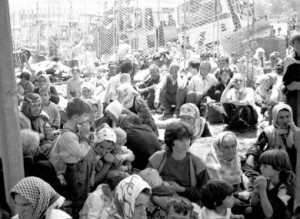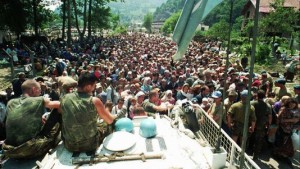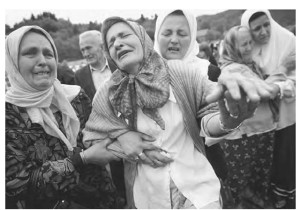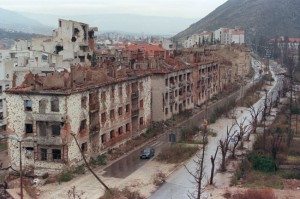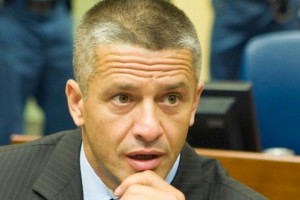 Former Bosnian army commander Naser Oric will be extradited to Bosnia and Herzegovina following an order from the Swiss Federal Office of Justice (FOJ) on Thursday.
Former Bosnian army commander Naser Oric will be extradited to Bosnia and Herzegovina following an order from the Swiss Federal Office of Justice (FOJ) on Thursday.
“Oric stated at the hearing on this request that he agreed to be extradited to Bosnia and Herzegovina. This permitted the FOJ to approve the extradition immediately in simplified proceedings,” the FOJ said in a statement.
Oric’s extradition was initially requested by Serbia, who had issued a warrant for his arrest last year accusing him of the murder of 9 Serb civilians in Srebrenica in July 1992. Swiss authorities arrested Oric on the 10th of June on this Serbian warrant, but on Monday, the Prosecutors Office of Bosnia and Herzegovina called on Switzerland not to extradite Oric, a Bosnian citizen, to Serbia. The Bosnian authorities urged Switzerland to return Oric to them instead.
According to the FOJ, “The decisive points here are the same criminal acts on which both requests are based were committed in Bosnia and Herzegovina, and that Oric is a citizen of Bosnia and Herzegovina.”
During the 1992-1995 war, Naser Oric was the commander of Muslim Bosniak forces in the Srebrenica region of Bosnia. The region fell to Bosnian Serbs in July 1995 and 8,000 Muslim men and boys were killed by Serb forces. Continue reading

